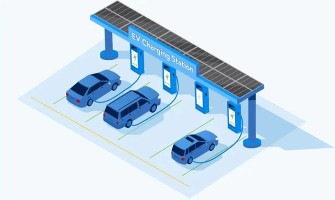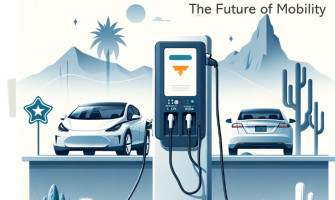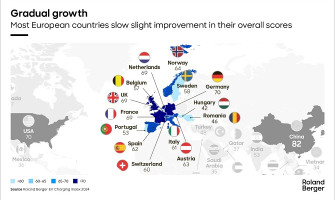EV Charging System: A Revolutionary Technology for the Future of Mobility

EV
Charging System: A Revolutionary Technology for the Future of Mobility
EV
(Electric Vehicle) charging system refers to the technology and infrastructure
for charging electric cars and other plug-in vehicles. The development of this
system is a crucial step towards achieving sustainability, as it eliminates the
use of fossil fuels and reduces carbon emissions. The increasing popularity of
electric cars is driving the demand for EV charging stations, and many
companies, including the Grasen Company, are investing heavily in this
industry.
The EV charging system consists of three components: the charging station, the
vehicle, and the communication interface. The charging station is the physical
infrastructure for charging, and it generally provides AC or DC charging,
depending on the vehicle model. The vehicle system usually includes an on-board
charger, a battery pack, and a charging port. Finally, the communication
interface enables the vehicle and the charging station to communicate, identify
the vehicle, and authorize the charging process.
EV charging systems can be categorized into three types: Level 1, Level 2, and
Level 3. Level 1 charging uses the standard household AC 120-volt outlet and
typically provides up to 5 miles of range per hour of charging. Level 2
charging uses a 240-volt outlet and provides up to 25 miles of range per hour
of charging. Level 3 charging, also known as DC fast charging, uses a
high-voltage DC charging station and can provide up to 80% charge in 30 minutes
or less.
The Grasen Company is a leading provider of EV charging systems, offering a
comprehensive range of charging solutions for homes, workplaces, and public
spaces. The company's charging stations are built with cutting-edge technology
that ensures safe and reliable charging for electric cars and other plug-in
vehicles. Grasen Company's charging systems are compatible with a wide range of
electric vehicles and provide fast and convenient charging.
In conclusion, the EV charging system is a significant development in the field
of sustainable mobility. It offers a range of benefits, including efficient
charging, reduced carbon emissions, and cost savings. Companies such as the
Grasen Company are leading the way in the development and implementation of EV
charging systems, contributing to a cleaner and greener future. As more and
more electric vehicles hit the roads, the need for EV charging stations will
only continue to increase, making the EV charging system a vital technology for
the future.





Leave a Comment